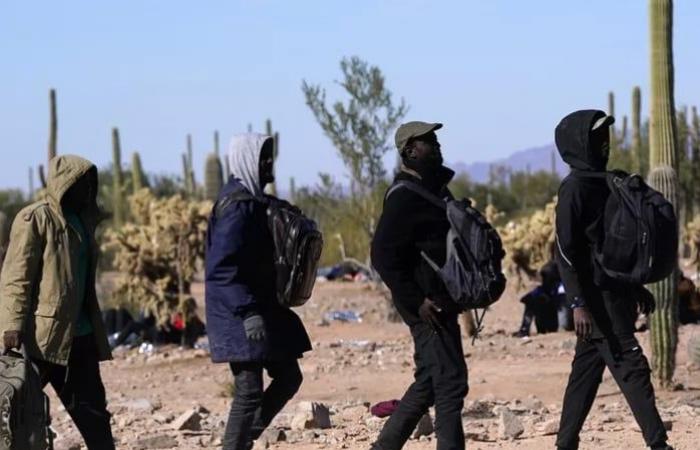The return of Donald Trump to the White House quickly reignited debates on immigration. Upon his reinstallation in the Oval Office on January 20, the 47th President of the United States signed a series of executive orders targeting illegal immigration.
Among his most radical announcements is a “national state of emergency” on the southern border with Mexico. This measure makes it possible to strengthen the military presence and relaunch the construction of the border wall, a key promise of his first mandate. These decisions are of particular concern to illegal migrants who have transited through Central America to reach the United States, including many Senegalese.
The latter, often taking the route to Nicaragua, a route that has become popular to circumvent border restrictions, are now at great risk. Trump promised a zero-tolerance policy, aiming to deport “millions and millions” of undocumented immigrants. In addition, the president plans to abolish the right to asylum at the border and end the right to land. These drastic changes could deprive thousands of migrants of any hope of regularization, accentuating their precariousness.
-According to estimates by the American Immigration Council, these measures could cost up to $88 billion per year, an amount that has sparked controversy given the economic importance of immigrants in certain sectors. For Senegalese who have crossed Nicaragua, the situation is particularly delicate. Considered to have entered illegally, they could be immediately deported if arrested. The American authorities, now equipped with reinforced resources, are intensifying controls and expulsions.
This policy, although applauded by a conservative fringe, arouses strong criticism. Human rights defenders denounce an inhumane tightening, while experts point out that immigrants are helping to fill labor shortages, exacerbated by the pandemic.






